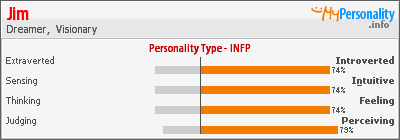This book is so dense I suspect that candidates for PhT and DD's will be mining it for thesis topics for years. In discussing the way we can see what some call, "the historical Jesus" or at least what he said and did; Mac Culloch notes this about parables, "There is nothing like the parables in the writings of Jewish spiritual teachers (rabbis) before Jesus used them; interestingly, they emerge as a literary form in later Judaism only after Jesus's death."
You have to read this book! He tosses off things like this in every paragraph.
I have been thinking of what I know of the pseudographia, the older Biblical books and rabbinic commentaries. It is a fascinating point. I cannot think of any use of the form before and while I do not by any means know all pre-Jesus writing, I have read a good bit of it. The observation also leads to the interesting question of the impact of Jesus on non-Christian thinking.
If Jesus was responsible for the first use of the parable that is quite an achievement for a first century Palestinian itinerant preacher! In fact, this achievement alone would I think commend our interest in him. It suggests to me at least that the image of a relatively less erudite person than say Paul or Luke, a sort of rustic preacher won't hold up.
Jesus did these things. He taught the parables and probably scared the Romans to death. A competent Jewish teacher who preached that the kingdom of God was imminent was not what Pilate wanted. Give him a temple priesthood claiming that all was well and that the Romans were fine.
Is it perhaps that simple? We know any number of young men thought they were messiah material. Most of them were ignored by Jew and Roman alike. But ignoring Jesus with his parables, his moral authority, his clear and effective message was perhaps another matter. Call it sedition and get rid of him before he upsets society.
Interesting where a single observation from an author can take you. Plato has the on trial Socrates claim that no evil can come from discourse about the gods and society. Maybe, but revolutions begin somewhere.
Mac Culloch, Diarmaid "Christianity the First Three Thousand Years" Pg.96
18 September 2010
Subscribe to:
Post Comments (Atom)





No comments:
Post a Comment